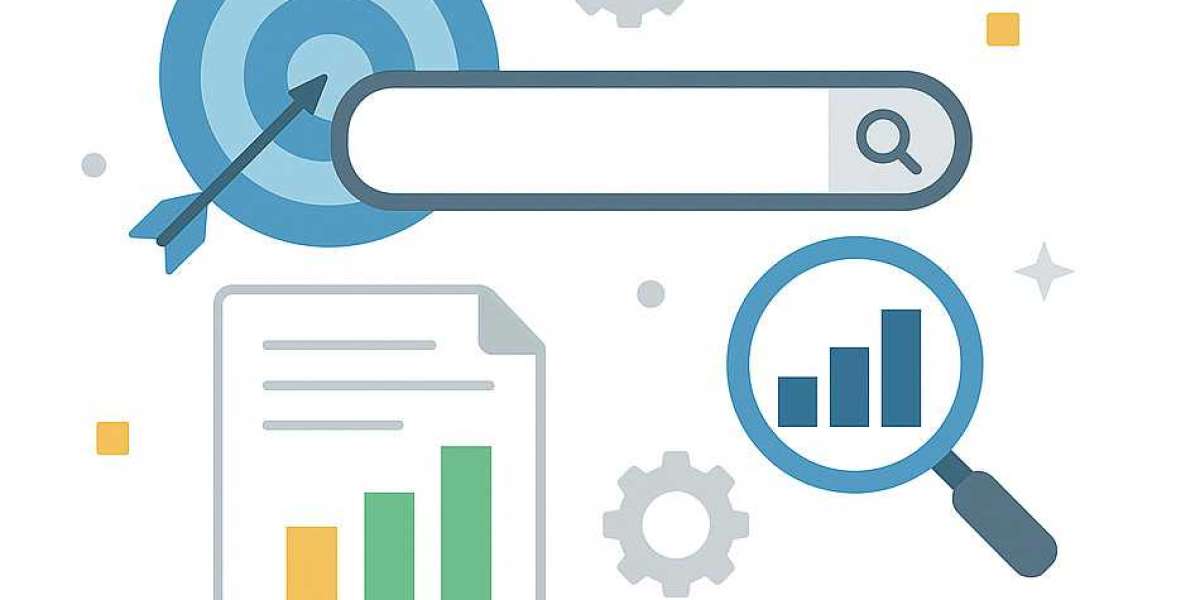In the ever-evolving world of search engine optimization, backlinks remain a cornerstone of ranking success. But in 2025, the debate has become sharper than ever: what matters more — the relevance of a backlink, or the authority of the domain linking to you?
Search engines, particularly Google, have made significant strides in understanding context and intent. This evolution has forced SEO professionals to rethink traditional link-building strategies. Gone are the days when a backlink from any high-authority site would skyrocket your rankings. Today, search engines are far more sophisticated, weighing a wide array of factors — and one of the most important is contextual relevance.
The Power of Relevance
A relevant backlink is one that comes from a website or page related to your niche, topic, or industry. Relevance provides search engines with semantic context. If you’re a fitness blog and receive a link from a leading health website, the relationship between the source and destination content is clear. Google interprets this as a vote of confidence in your topical authority.
In 2025, relevance has grown in importance because it reflects natural linking behavior. When a backlink is contextually aligned, it signals that your content is valuable within its niche. It also improves user experience because visitors are more likely to click through when the transition feels seamless and expected.
The Weight of Authority
Domain authority — a metric popularized by Moz and similar tools — has long been used as a shorthand to estimate a site’s overall trustworthiness and strength. High-authority websites are often older, have a strong backlink profile themselves, and are well-maintained. A link from such a site can still pass substantial SEO value.
However, authority alone no longer guarantees top rankings. A backlink from a general news site or a high-authority domain with little contextual overlap can seem unnatural or irrelevant. Search engines now differentiate between authority that adds value and authority that appears forced or purchased.
Google's View in 2025
Google’s algorithms are now better at assessing the quality and context of backlinks. Machine learning models like BERT and MUM have enhanced Google’s ability to evaluate content relationships, making relevance just as — if not more — important than raw domain metrics.
Sites that engage in link buying from high-DA domains without regard to relevance are more likely to face penalties or see negligible ranking improvements. On the other hand, backlinks from niche-related blogs, even if they have lower domain metrics, often contribute more meaningfully to organic growth.
What Matters Most Now?
The simple answer is: both matter — but in different ways.
In 2025, the ideal backlink is one that combines both relevance and authority. A link from a well-established site in your industry carries tremendous weight. But when forced to choose, relevance should take priority. A cluster of thematically aligned links from medium-authority sources often outperforms a few generic links from top-tier domains.
This shift reflects the broader trend in SEO where user intent, topical depth, and contextual signals outweigh brute-force tactics.
Building the Right Link Profile
Modern link-building is more about relationships, partnerships, and high-value content than directory submissions or mass outreach. The best strategy is to create link-worthy assets — guides, research, tools — that attract organic backlinks from other relevant sources.
Another effective approach is digital PR and guest posting on industry-specific websites. While it may take longer, the quality of links earned through this route supports both relevance and authority, helping you rank more sustainably.
Backlinks also need to be varied and natural. A healthy link profile includes a mix of dofollow and nofollow links, brand mentions, and links to different parts of your website — not just the homepage.
The Future of Link Building
Backlinks will always be a critical ranking signal, but the definition of a “good” backlink continues to evolve. As algorithms become more semantic and user-focused, contextual alignment becomes a defining factor.
Smart SEOs in 2025 are prioritizing long-term value over quick wins. They are forging real connections, creating authentic content, and securing links that align with their audience and goals.
Final Thoughts
In the current SEO climate, relevance has caught up with — and in many scenarios, surpassed — authority in importance. The smartest strategy is to build backlinks that combine both qualities, but never at the expense of relevance.
For businesses navigating these changes, working with professionals who understand the shifting link landscape is essential. Whether it’s technical audits, content optimization, or backlink outreach, aligning your SEO with Google’s evolving standards is the key to sustainable rankings.
If you’re looking to upgrade your backlink strategy in 2025, consider working with an experienced SEO company in Noida that understands both the technical and human elements of modern link-building.











